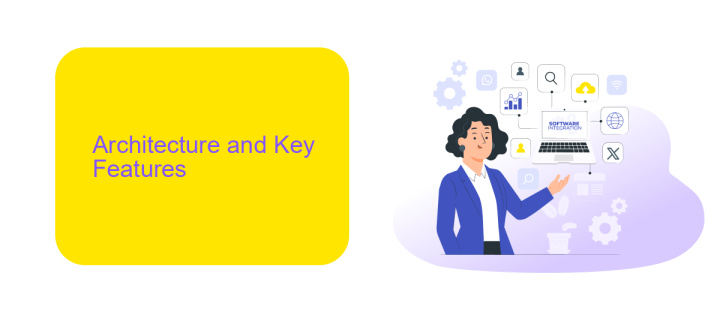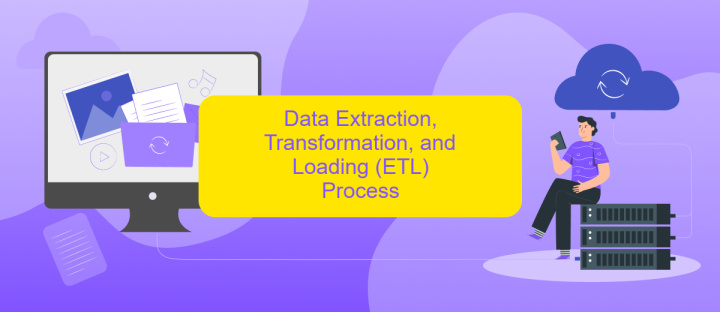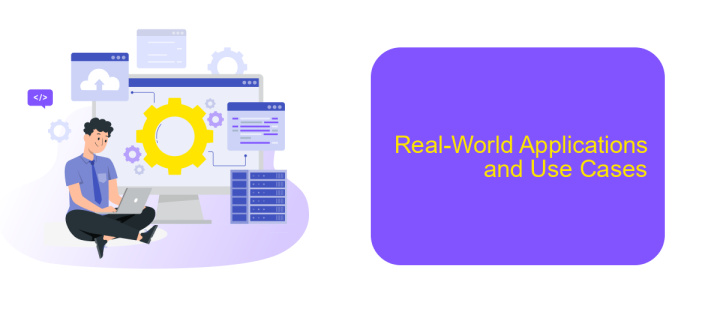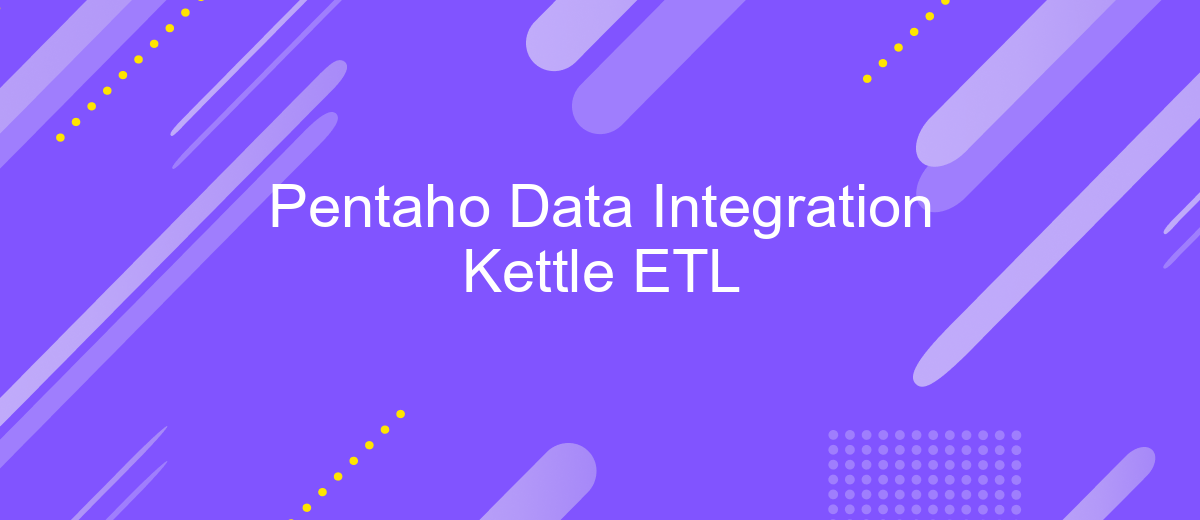Pentaho Data Integration Kettle ETL
Pentaho Data Integration (PDI), commonly known as Kettle, is a powerful and versatile ETL (Extract, Transform, Load) tool designed to streamline data integration processes. It enables organizations to efficiently manage and manipulate data from various sources, ensuring seamless data flow and accuracy. With its user-friendly interface and robust capabilities, Kettle is an essential asset for any data-driven enterprise.
Introduction to Pentaho Data Integration Kettle ETL
Pentaho Data Integration (PDI), also known as Kettle, is an open-source ETL (Extract, Transform, Load) tool designed for data integration and transformation. It allows users to design workflows and data pipelines that extract data from various sources, transform it according to business rules, and load it into target systems. PDI supports a wide range of data sources, including databases, applications, and cloud services, making it a versatile tool for data management.
- Extract: Gather data from multiple sources such as databases, files, and APIs.
- Transform: Apply business rules, data cleansing, and aggregation to the extracted data.
- Load: Move the transformed data into target systems like data warehouses or other databases.
One of the key benefits of using PDI is its ability to integrate with various third-party services like ApiX-Drive, which simplifies the process of connecting and automating data flows between different systems. ApiX-Drive offers a user-friendly interface for setting up integrations without the need for extensive coding, making it easier to manage data pipelines and ensure seamless data synchronization across platforms.
Architecture and Key Features

Pentaho Data Integration (PDI), commonly known as Kettle, is an open-source ETL (Extract, Transform, Load) tool designed to facilitate data integration processes. Its architecture is built around a repository-based system that allows users to store, manage, and version their ETL jobs and transformations. The core components include Spoon, a graphical interface for designing ETL processes; Pan, a command-line tool for executing transformations; Kitchen, a command-line tool for running jobs; and Carte, a lightweight web server for remote execution and monitoring. These components work together seamlessly to provide a robust and flexible data integration solution.
One of the key features of PDI is its extensive library of pre-built connectors and transformations, which support a wide range of data sources and formats. This makes it easy to integrate data from various systems without extensive coding. Additionally, PDI supports integration with external services like ApiX-Drive, which simplifies the process of connecting different applications and automating data workflows. With its user-friendly interface and powerful capabilities, PDI is an ideal choice for organizations looking to streamline their data integration processes and improve data quality.
Data Extraction, Transformation, and Loading (ETL) Process

Pentaho Data Integration (PDI) Kettle is a powerful tool for orchestrating ETL processes, ensuring seamless data flow from source to destination. The ETL process in PDI involves three main steps: extraction, transformation, and loading.
- Data Extraction: This step involves retrieving data from various sources such as databases, flat files, and APIs. PDI supports a wide range of data sources, making it versatile for different data environments.
- Data Transformation: In this phase, the extracted data is cleansed, formatted, and transformed to meet the business requirements. PDI offers a rich set of transformation tools, including filtering, sorting, and data enrichment.
- Data Loading: The final step is loading the transformed data into the target system, which could be a data warehouse, database, or another data repository. PDI ensures efficient and accurate data loading, maintaining data integrity.
For enhanced integration capabilities, services like ApiX-Drive can be utilized to automate data transfer between different platforms, ensuring real-time data synchronization. By leveraging such tools, organizations can streamline their ETL processes, reducing manual intervention and improving overall efficiency.
Real-World Applications and Use Cases

Pentaho Data Integration (PDI) Kettle is a powerful ETL tool that has found widespread application in various industries due to its versatility and ease of use. It is widely employed for data warehousing, data migration, and data cleansing tasks, enabling organizations to streamline their data processes efficiently.
One of the real-world applications of PDI Kettle is in the healthcare industry, where it integrates disparate data sources, ensuring that patient information is accurate and up-to-date. Financial institutions also leverage PDI Kettle for fraud detection by aggregating and analyzing transaction data from multiple sources.
- Data warehousing and business intelligence
- Data migration between different systems
- Data cleansing and enrichment
- Real-time data integration and synchronization
- ETL processes in cloud environments
Additionally, services like ApiX-Drive can enhance PDI Kettle's capabilities by automating the integration of various APIs and applications, further simplifying the data integration process. This synergy allows businesses to maintain seamless data flows, thereby improving operational efficiency and decision-making processes.


Future of Pentaho Data Integration Kettle and Industry Trends
The future of Pentaho Data Integration Kettle (PDI) looks promising as the demand for robust ETL (Extract, Transform, Load) solutions continues to grow. As organizations increasingly rely on data-driven decision-making, PDI's capabilities in handling complex data transformations and integrations are more relevant than ever. The tool's open-source nature allows for continuous community-driven improvements, ensuring it remains at the forefront of ETL technology. Additionally, PDI's compatibility with various data sources and its ability to integrate with other big data tools make it a versatile choice for enterprises looking to streamline their data processes.
Industry trends indicate a growing need for seamless integration services that can handle diverse data ecosystems. In this context, platforms like ApiX-Drive are becoming essential. ApiX-Drive offers a user-friendly interface for setting up integrations without requiring extensive technical knowledge, making it easier for businesses to connect various applications and automate workflows. By leveraging such services, organizations can enhance the efficiency of their data integration processes, complementing the capabilities of PDI and ensuring a more cohesive data management strategy. As the landscape evolves, the synergy between PDI and integration platforms like ApiX-Drive will likely play a crucial role in shaping the future of data integration.
FAQ
What is Pentaho Data Integration (Kettle) used for?
How can I schedule ETL jobs in Pentaho Data Integration?
Can I integrate Pentaho Data Integration with cloud services?
What are some best practices for optimizing ETL processes in Pentaho Data Integration?
How can I automate and streamline my ETL processes using third-party services?
Do you want to achieve your goals in business, career and life faster and better? Do it with ApiX-Drive – a tool that will remove a significant part of the routine from workflows and free up additional time to achieve your goals. Test the capabilities of Apix-Drive for free – see for yourself the effectiveness of the tool.

